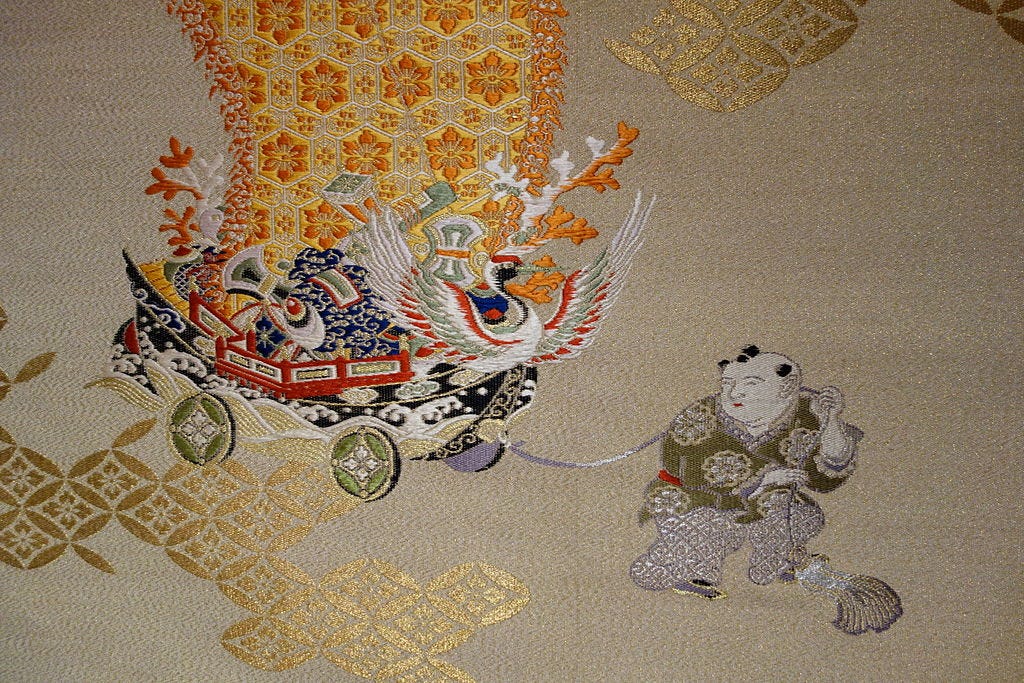On "Cunning Work"
A Passage

“Cunning work” is something of which we are all capable. This phrase, with its implicit compliment, is used in Exodus (39:3) to describe the labor of workers who cut gold into strips so thin it could be used as thread in textiles, but this level of “cunning” may of course be achieved in any field. It is our birthright to pursue work, even in the aspects of our lives which seem most mundane, the which we and our descendants may look back on with pride. Today we have a tendency to prize intellectual work above all other types, but, while I would not dream of undervaluing such work, I cannot believe that it alone is enough. To watch something form under the hand, a thing of great beauty and often of great use, which existed before only in rude raw materials and internal vision—this is the work to which I refer here. It should not be always easy to accomplish. It ought to take many hours, and the worker will often find himself creating new difficulties, for the sheer pleasure of overcoming.
Such work does not belong to the few. I repeat, it is every human’s birthright. It is not work in pursuit of widespread fame, or great sums of money, or even of moral superiority. Of what, then, is it in pursuit? Certainly, the hours of peace such work affords are no small reward. The ability to show love in tangible form to our dear ones, and the self-respect which comes with accomplishment: likewise, these rewards are not slight. Above all, however, I believe it is an homage to Nature’s more organic and mysterious creation. By copying her works in our own fashion, we are paying her the greatest respect possible—or, if you prefer, by working with our own mortal hand, we echo and glorify the hand of God.

